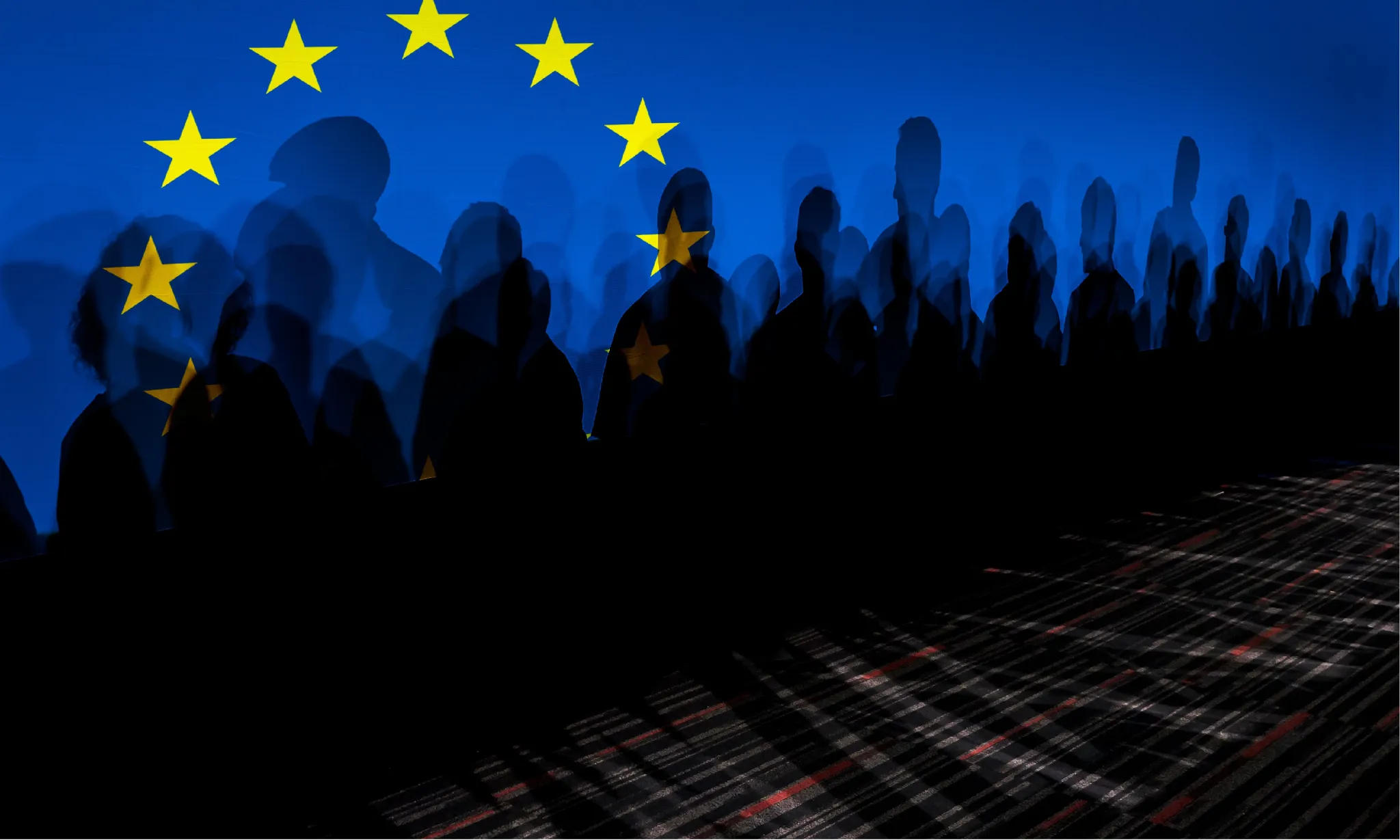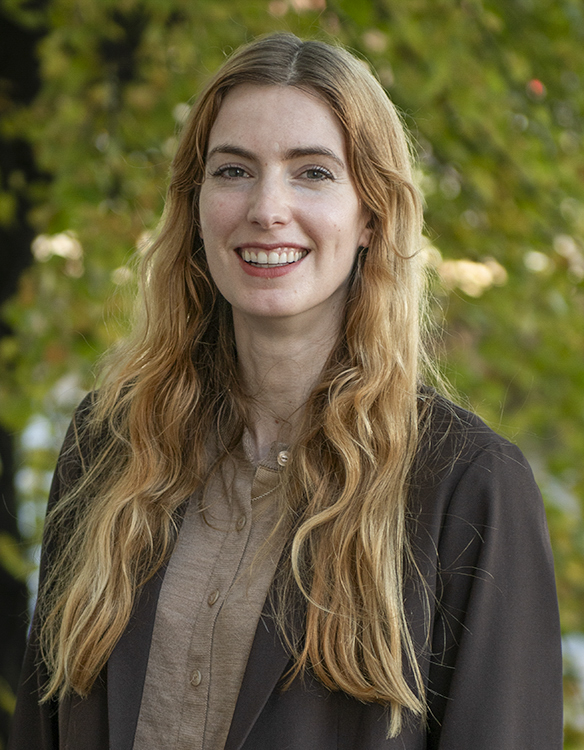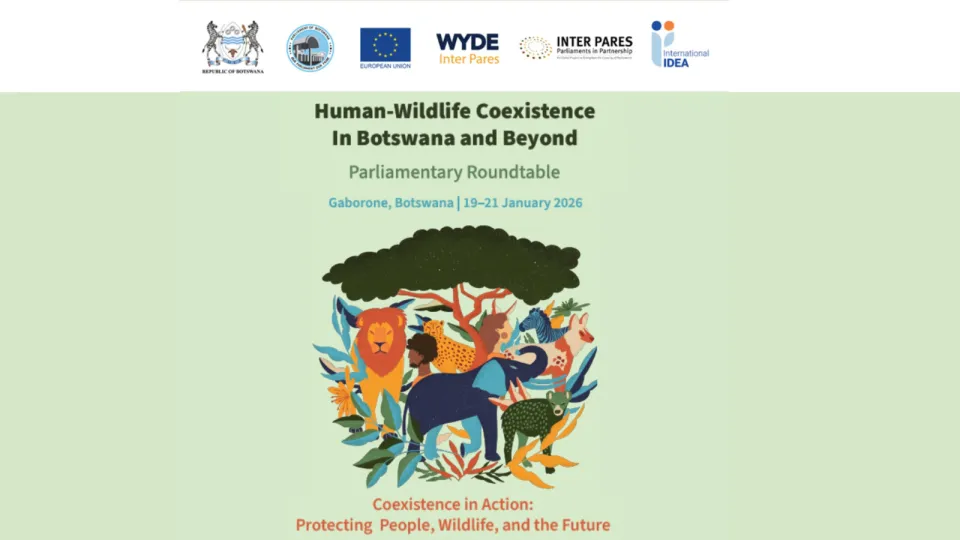The EU is not a magic wand for democracy: Evidence from the Global State of Democracy Indices

Disclaimer: Opinions expressed in this commentary are those of the authors and do not necessarily represent the institutional position of International IDEA, its Board of Advisers or its Council of Member States.
Since 1993, joining the European Union has been technically contingent on the fulfilment of certain democratic requirements. However, as evidence from the Global State of Democracy Indices (GSoDI) suggests, the EU integration process and the associated technical reforms are not enough on their own to create stronger democracies. For example, Serbia, a frontrunner in the EU accession process in the Balkans, has deteriorated from a mid-range democracy to a hybrid regime since starting negotiations on its accession treaty.
Even existing EU member states cannot take democracy for granted, leading some to question whether the EU is still the model of democracy it once was. Developments in member states, such as backsliding in Poland and Hungary, undermine the argument that joining the EU strengthens democracy. Additionally, recent elections in Sweden and Italy raised concerns about surging support for far-right populist parties, which can often open the door to illiberal tendencies.
To interact with the graph, click on a country name in the legend to select/deselect it and toggle the country’s scores. You can use the “Select All” button to see all country data, and the “Deselect All” button to clear the view. Hover over the coloured trend lines to find out the average attribute score. Hover over the dotted lines to see the description of the event.
According to the GSoDI, both Albania and, Bosnia and Herzegovina are stagnating in Media Integrity, while both North Macedonia and Türkiye are declining in Judicial Independence. Moldova is improving in both forms of checks and balances.
In terms of promotion and safeguarding of fundamental rights, Georgia, Kosovo, Moldova and Ukraine are each advancing on various dimensions—by 2021, both Kosovo and Ukraine had been able to improve Personal Integrity and Security. On the other hand, Bosnia and Herzegovina, and Serbia have each declined in this area—on Civil Liberties and Access to Justice, respectively.
Montenegro and Ukraine have each improved in subattributes of Participatory Engagement—Civil Society Participation has flourished in Ukraine, while Electoral Participation has grown in Montenegro. However, space for civil society is in parallel being constrained in Serbia.
Part of a bigger process
Accession to the EU is part of a much bigger undertaking of democratisation, and there may be some important caveats qualifying the process.
First, it is important that domestic political will and public support are present, given the active role taken by candidate countries in negotiating the scope and setting the pace of reform. Candidate countries must drive their own democratic transition rather than submit to externally imposed democratization.
Second, unintended negative consequences of EU accession, for example, harmful trends towards executive aggrandizement to pass sweeping reforms, should be avoided. These will only hamper the development of democracy in the immediate term.
Third, geopolitical considerations are just as needed to motivate reforms and improve the quality of democracy. Russia’s invasion of Ukraine and the fast-forward decision to grant Moldova and Ukraine candidate status show that the accession process and democratization cannot be influenced purely by technical processes and reforms.
As German Chancellor Scholz pointed out: “The Thessaloniki conclusions are 19 years old. Nobody thought at the time that it would take 20 years. That’s why it has to be fast now.” On top of its technical approach, the EU needs to demonstrate agility and firm political leadership in the Balkans in order to maintain its credibility.





